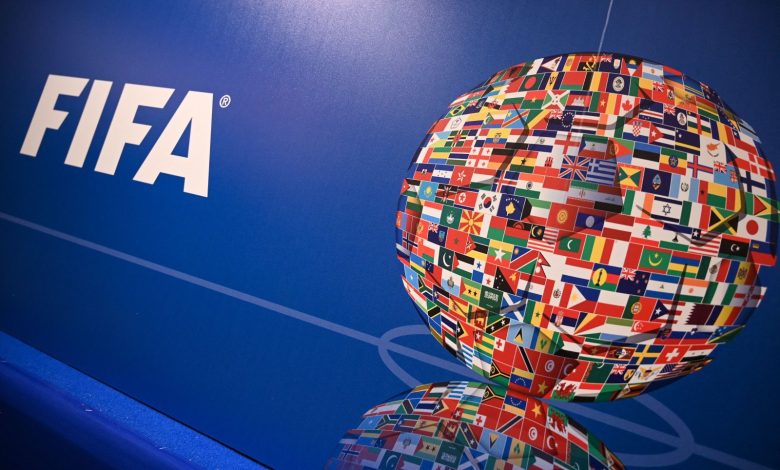FIFA opts not to suspend Israel but launches discrimination probe

The governing body of world football, FIFA, refrained from making a decision regarding the Palestinian request to suspend Israel on Thursday but announced the launch of an investigation into allegations of discrimination.
During FIFA’s congress in Bangkok in May, the Palestinian Football Association (PFA) urged that its Israeli counterpart be suspended and that Israeli teams be barred from FIFA competitions.
The PFA asserts that the Israel Football Association (IFA) has violated FIFA’s discrimination regulations.
The accusation came seven months into Israel’s bombardment of Palestinian territory of Gaza.
FIFA was initially set to hold an extraordinary session of its ruling council before July 20 to review an independent legal analysis and decide how to proceed.
However, the deadline was pushed back to give the legal experts more time to complete their report.
At the organization’s headquarters in Zurich on Thursday, the FIFA Council adopted the recommendations and conclusions reached in the legal analysis.
It decided that its disciplinary committee would be mandated to investigate the alleged offense of discrimination raised by the PFA.
Meanwhile, the FIFA governance, audit, and compliance committee “will be entrusted with the mission to investigate – and subsequently advise the FIFA Council on – the participation in Israeli competitions of Israeli football teams allegedly based in the territory of Palestine.”
FIFA President Gianni Infantino said in a statement that “the FIFA Council has implemented due diligence on this very sensitive matter and, based on a thorough assessment, we have followed the advice of the independent experts.
“The ongoing violence in the region confirms that, above all considerations, we need peace.
“As we remain extremely shocked by what is happening, and our thoughts are with those who are suffering, we urge all parties to restore peace to the region with immediate effect.”
Sanctions call
In Bangkok, PFA head Jibril Rajoub claimed that the Israeli FA had broken FIFA rules, adding, “FIFA cannot afford to remain indifferent to these violations.”
He called for the “immediate” suspension of Israel from FIFA.
His Israeli counterpart, Shino Moshe Zuares, rejected the call as “cynical, political and hostile,” insisting that the IFA had not broken any FIFA rules.
“The proposal submitted by the PFA has nothing to do with the IFA and its activity,” he said, calling it an attempt to harm Israeli football, based on motives unrelated to sport.
Reacting to Thursday’s announcement of the postponement of a FIFA decision, the president of the Palestinian Federation told Agence France-Presse (AFP), “What is important for us is that the investigation was unanimously approved by all of the FIFA Council.
“We will continue to follow up on this and we will hold on to our rights.”
Israel has been carrying out ruthless military action on Gaza for close to a year so far following Hamas’ Oct. 7, 2023, incursion.
Tel Aviv’s retaliatory offensive in Gaza has killed at least 41,788 people, the majority of them civilians, according to figures provided by the Gazan Health Ministry. The U.N. has confirmed these figures as reliable.
Infantino refused to put to a vote the sanctions demanded by the PFA.
U.N. experts weigh in
A group of U.N. experts on Thursday said that at least eight football clubs had developed or been identified as playing in Israeli settlements in the occupied West Bank, another Palestinian territory, with a ninth playing some home games in a settlement.
The experts said that the activity of those teams amounted to the IFA tacitly contributing to “the unlawful presence of Israel in the occupied Palestinian territory.
“This is in stark violation of international law,” they said.
They called on the FIFA Council “to ensure that its decisions are in conformity with non-derogable norms of international law.”
They urged FIFA to implement its zero-tolerance policy against discriminatory conduct and racism.
The experts included the U.N. special rapporteurs on cultural rights and on contemporary forms of racism, as well as members of the working group on human rights and transnational corporations.
U.N. experts are independent figures mandated by the Human Rights Council. They therefore do not speak for the United Nations.


